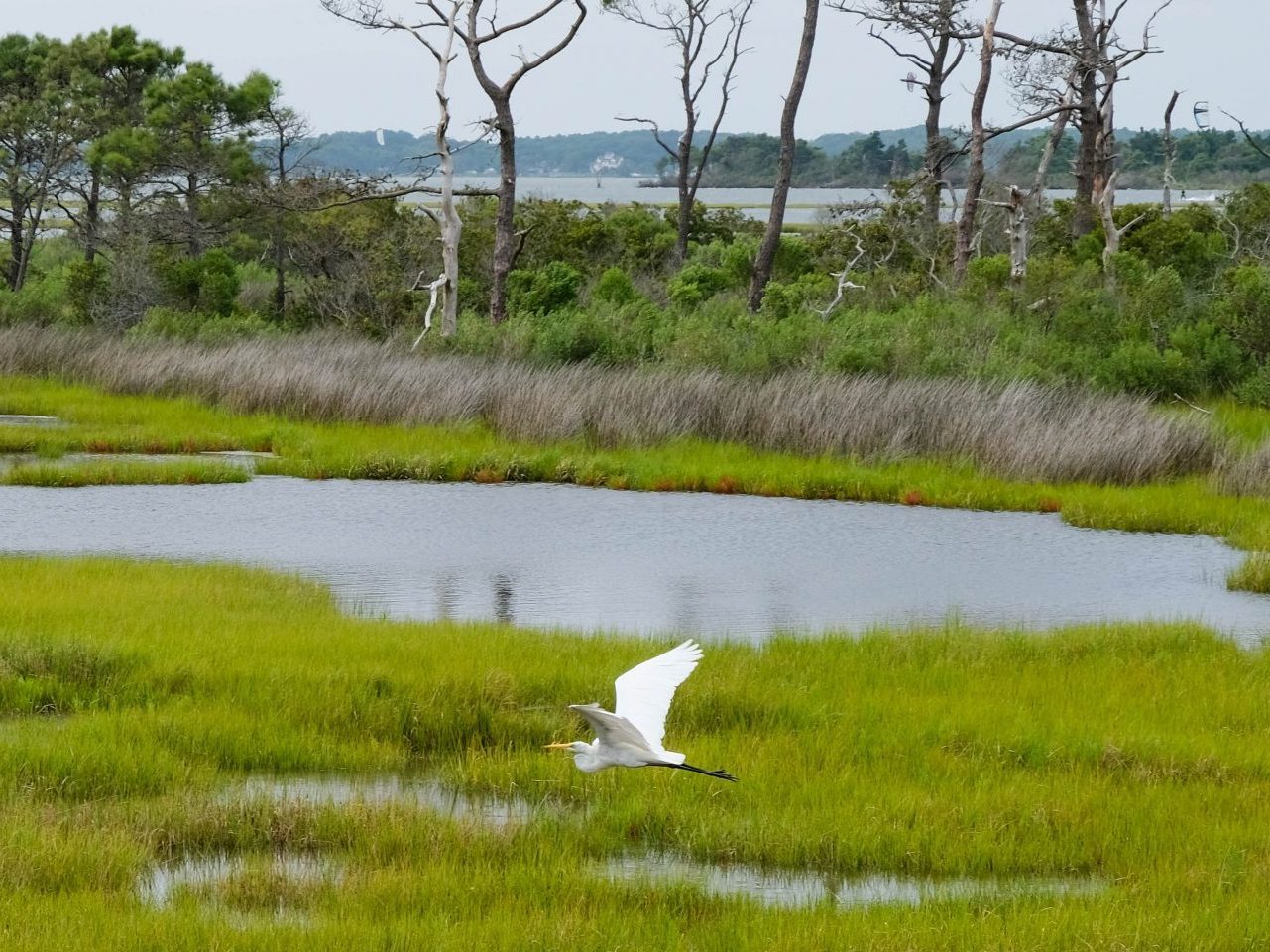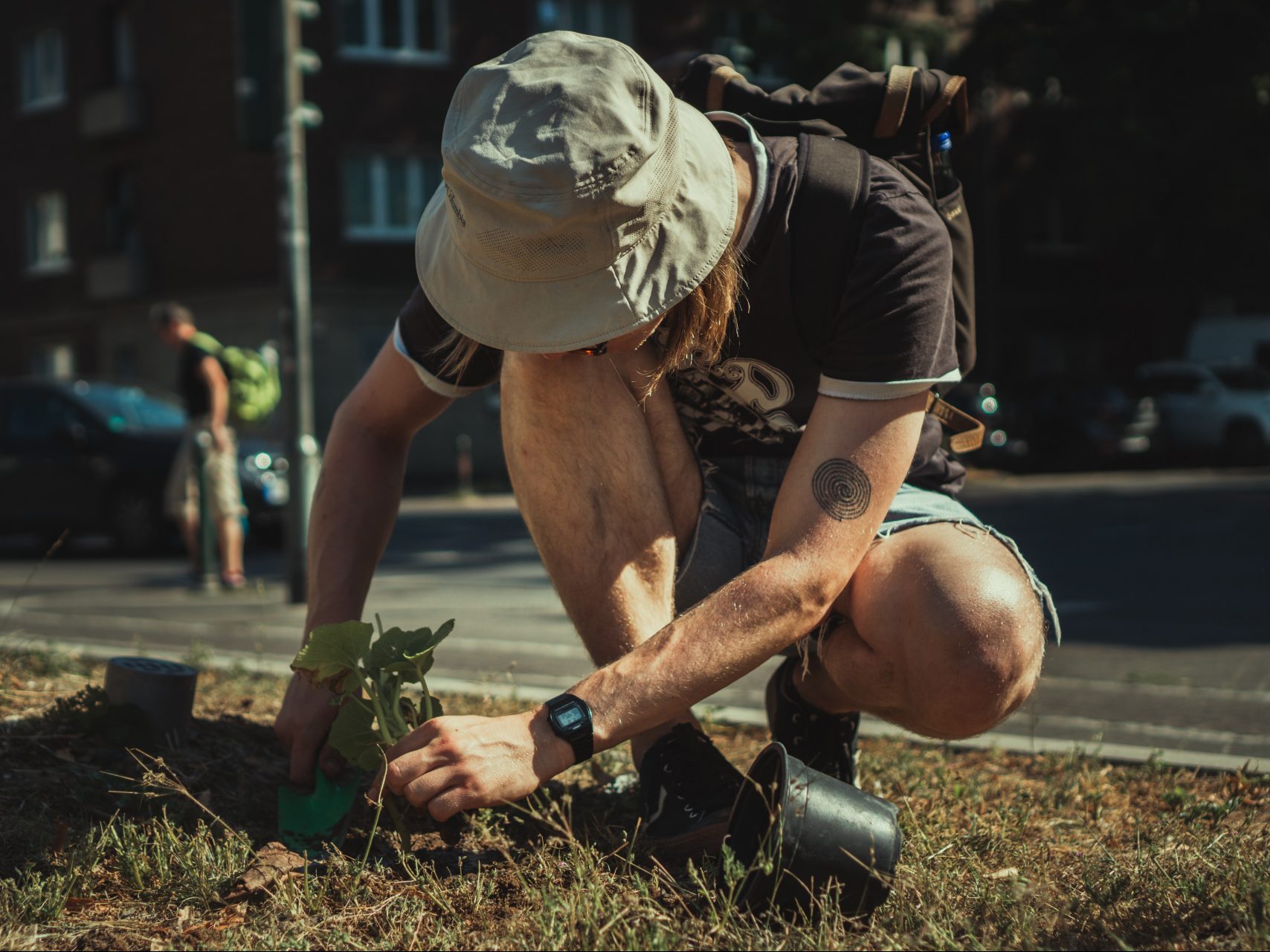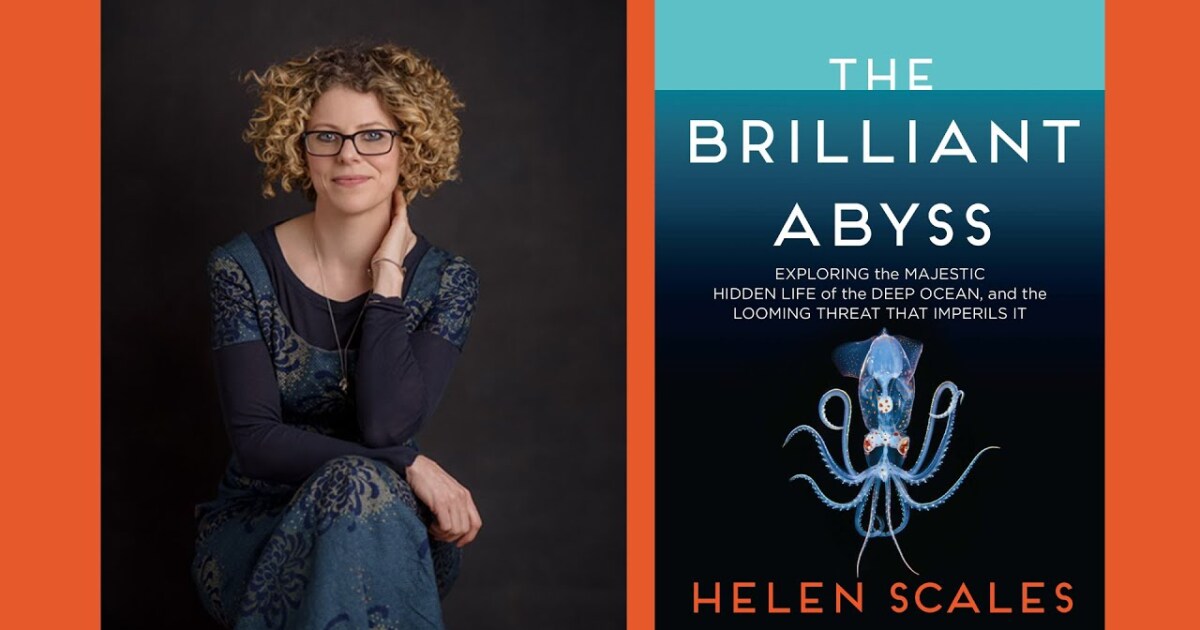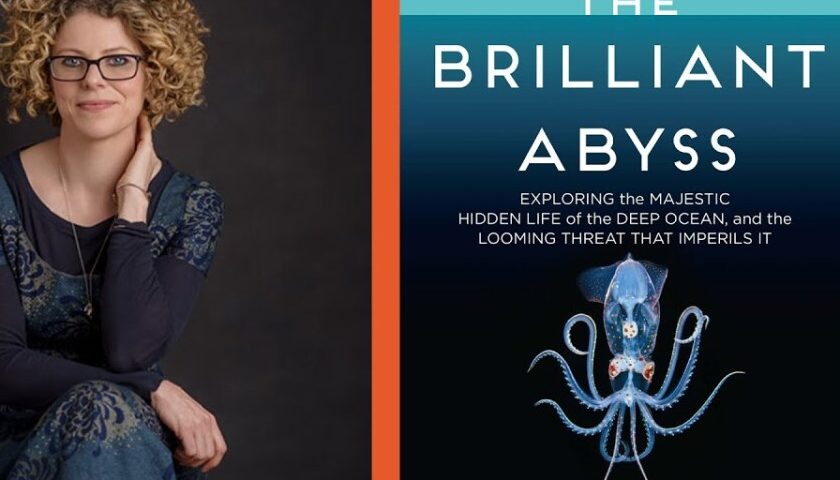
Wetland, Wetland, Where Did You Go?
May 18, 2022
Summer Stewardship Activities – Part 1
June 8, 2022
Book Review: The Brilliant Abyss
Author: Liz Clift
Helen Scales’ The Brilliant Abyss: Exploring the Majestic Hidden Life of the Deep Ocean and the Looming Threat that Imperils It (2021) offers a lyrical exploration of the world we’re just uncovering in the deep sea. Dr. Scales highlights the amazingly diverse topography of the deep, describes life forms (and the struggle to study these lifeforms!) we’re just beginning to learn about, and works to reverse some misconceptions about the deep sea and its inhabitants.
Her writing comes from a place of passion coupled with experience. Through her words, the deep sea seems mysterious—but also full of wonder, possible solutions to things ranging from diseases that ail us to climate change, and a particular type of understated beauty. The first half of the book is dedicated to building wonder about the deep, likely in a bid to help us understand the deep sea so that we can want to care about it.
The second half of the book is more somber. Dr. Scales outlines the human impacts facing the deep sea, including plastic pollution and how decreased populations of animals that live higher in the water column may decrease populations of deep sea creatures. She also sheds a chilling light on the impacts so far of deep sea drilling (including the ongoing impacts from disasters related to that drilling) and on the possibility of deep sea mining, which could exploit certain valuable resources that would take tens or hundreds of human generations to “renew,” and which could permanently alter life in the deep by disturbing and removing critical habitat features.
Dr. Scales makes clear, over the course of this book, that the deep sea is anything but barren—and its function is critical to life, not just as we know it, but to life on earth. She urges us to err on the side of caution as it relates to our ongoing impacts to the deep sea and the issues she highlights are sure to make readers reconsider their own consumption habits.
I recommend this book to anyone who gets excited when “a new turtle drops,” aka there’s news about the discovery of new species. I also recommend it to people who care about climate change, carbon sequestration or neutrality, marine science, ecosystem services, or so-called sustainability innovations that still rely largely on extractable and non-renewable resources. This book may be of particular interest to people who are working in the fields of sustainability, renewables, marine ecosystem restoration, natural resource damages, or environmental economics.
You might also enjoy this book if you enjoyed any of the following:
- The Edge of the Sea by Rachel Carson
- The Fragile Edge: Diving and Other Adventures in the South Pacific by Julia Whitty
- The Wild Trees: A Story of Passion and Daring by Richard Preston
- Four Fish: The Future of the Last Wild Food by Paul Greenberg
- Finding the Mother Tree: Discovering the Wisdom of the Forest by Susanne Simard
- Eager: The Surprising, Secret Life of Beavers and Why they Matter by Ben Goldfarb
- Braiding Sweetgrass: Indigenous Wisdom, Scientific Knowledge, and the Teachings of Plants by Robin Wall Kimmerer
Be warned though, this book—like several of the others I listed above—may simultaneously break your heart and give you hope.

